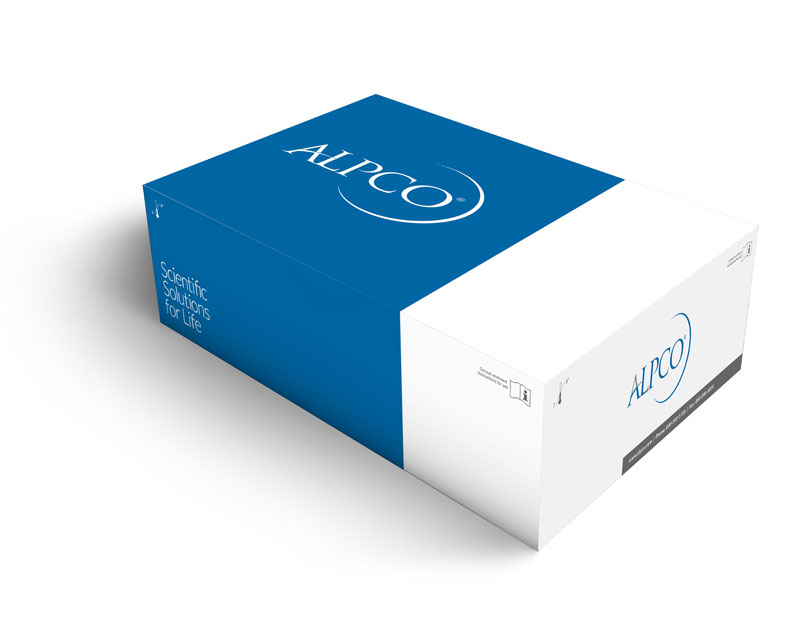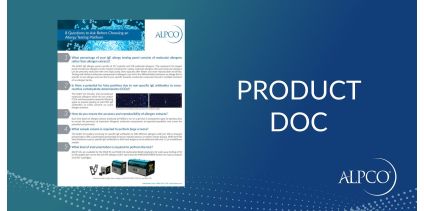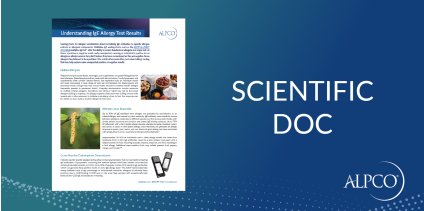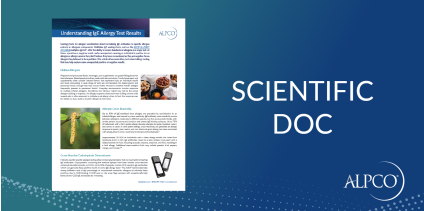Vitamin B5 Pantothenic Acid Microbiological Assay
$924.00
Catalog
30-KIF004
Vitamin B5 Pantothenic Acid Microbiological Assay is a microtiter plate test kit based on a microbiological
method which measures the total free pantothenic acid content in serum. The test
kit contains the standard and all reagents required to perform the test. It is sufficient
for 96 determinations including standard curves. An ELISA reader is required for the
evaluation of the results. For use in human and veterinary research. Not for use in
diagnostic procedures
Species
Human
Regulatory Status
Research Use Only. Not for Use in Diagnostic Procedures.
Product Distribution
Available in North America Only
Range
0.36 - 3.6 µg/L
Sensitivity
0.36 µg/L
Sizes
96 Wells
Sample Types
Serum
Inc Time Overnight
No
Inc Time See Protocol
No
Sample Size
300
Pantothenic acid (vitamin B5) is synthesized by most microorganisms and plants from pantoic acid. The vitamin is an integral part of 4‘-phosphopantheine, which is a component of coenzyme A (CoA). CoA plays a key role in the metabolism of numerous compounds, especially lipids and the ultimate catabolic disposition of carbohydrates and ketogenic amino acids. About 80% of Vitamin B5 in animal tissues is in CoA form, and the rest exists mainly as phosphopanthetheine and phosphopantethenate.
Another essential role of pantothenic acid is its participation in the 4‘-phosphopantheine moiety of acyl carrier protein (ACP), where the phosphodiester-linked prosthetic group uses the sulfhydryl terminus to exchange with malonyl-CoA to form an ACP-S malonyl thioester, which can chain elongate during fatty acid biosynthesis.
The Vitamin B5 Pantothenic Acid Microbiological Assay is a microtiter plate test kit based on a microbiological assay which measures the total pantothenic acid content in serum. The Vitamin B5 Pantothenic Acid Microbiological Assay kit contains all required reagents, e.g., standard, medium, and microtiter plate coated with a specific microorganism, sufficient for 96 determinations including standard curve. An ELISA reader is required for evaluation of the pantothenic acid content.
Another essential role of pantothenic acid is its participation in the 4‘-phosphopantheine moiety of acyl carrier protein (ACP), where the phosphodiester-linked prosthetic group uses the sulfhydryl terminus to exchange with malonyl-CoA to form an ACP-S malonyl thioester, which can chain elongate during fatty acid biosynthesis.
The Vitamin B5 Pantothenic Acid Microbiological Assay is a microtiter plate test kit based on a microbiological assay which measures the total pantothenic acid content in serum. The Vitamin B5 Pantothenic Acid Microbiological Assay kit contains all required reagents, e.g., standard, medium, and microtiter plate coated with a specific microorganism, sufficient for 96 determinations including standard curve. An ELISA reader is required for evaluation of the pantothenic acid content.







